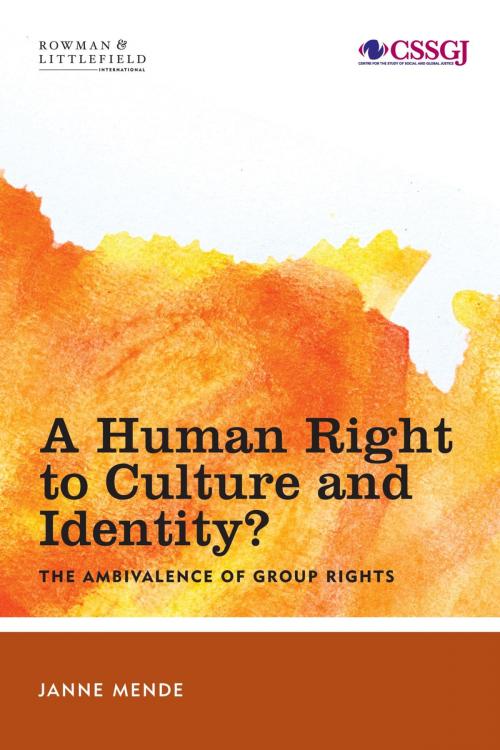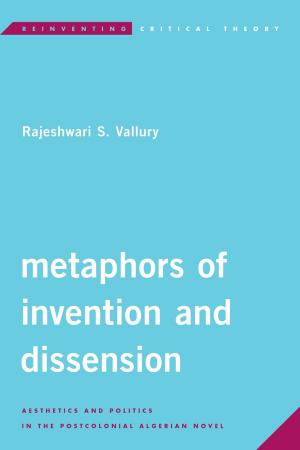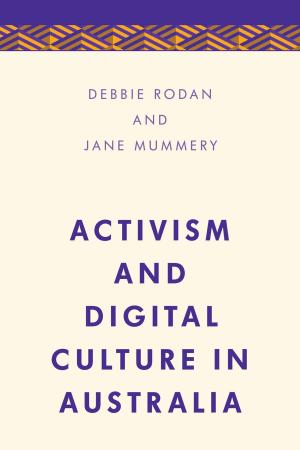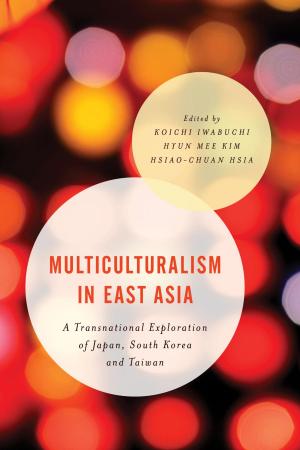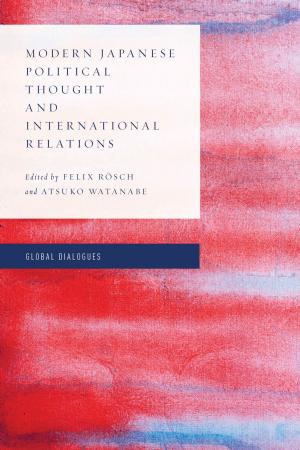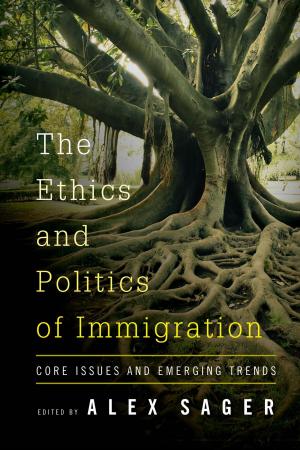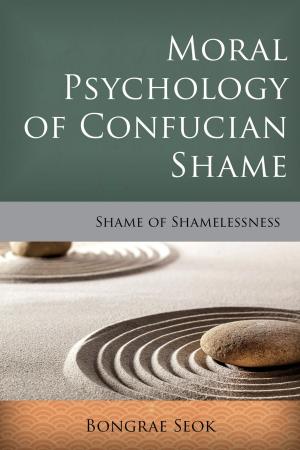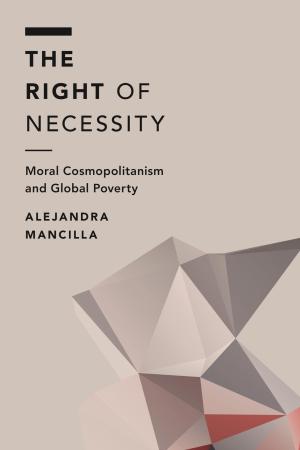A Human Right to Culture and Identity
The Ambivalence of Group Rights
Nonfiction, Social & Cultural Studies, Social Science, Anthropology, Political Science| Author: | Janne Mende | ISBN: | 9781783486809 |
| Publisher: | Rowman & Littlefield International | Publication: | June 15, 2016 |
| Imprint: | Rowman & Littlefield International | Language: | English |
| Author: | Janne Mende |
| ISBN: | 9781783486809 |
| Publisher: | Rowman & Littlefield International |
| Publication: | June 15, 2016 |
| Imprint: | Rowman & Littlefield International |
| Language: | English |
Is it desirable, or even necessary, to have distinct human rights for cultural identities? Do different conceptions of culture and identity, and their potential to frame human rights violations as culturally appropriate, complicate the question? How should a human right to collective identity be outlined?
Claims to human rights as applying to a whole (ethnic, religious or cultural) group, instead of the individual, prove to be complex. This book reveals the pitfalls, benefits and demands that surround the debate for and against culture and identity in human rights. It connects a continuous and nuanced theoretical debate with highly topical empirical findings about collective rights for indigenous groups, which for centuries have been suppressed and marginalized and now stand at the forefront of (successfully) demanding a human right to their own culture and distinct identity. This book shows the ambivalences of those demands and discusses solutions so that human rights neither exclude marginalized cultural groups nor reproduce rigid distinctions between seemingly exclusive cultures.
Is it desirable, or even necessary, to have distinct human rights for cultural identities? Do different conceptions of culture and identity, and their potential to frame human rights violations as culturally appropriate, complicate the question? How should a human right to collective identity be outlined?
Claims to human rights as applying to a whole (ethnic, religious or cultural) group, instead of the individual, prove to be complex. This book reveals the pitfalls, benefits and demands that surround the debate for and against culture and identity in human rights. It connects a continuous and nuanced theoretical debate with highly topical empirical findings about collective rights for indigenous groups, which for centuries have been suppressed and marginalized and now stand at the forefront of (successfully) demanding a human right to their own culture and distinct identity. This book shows the ambivalences of those demands and discusses solutions so that human rights neither exclude marginalized cultural groups nor reproduce rigid distinctions between seemingly exclusive cultures.
